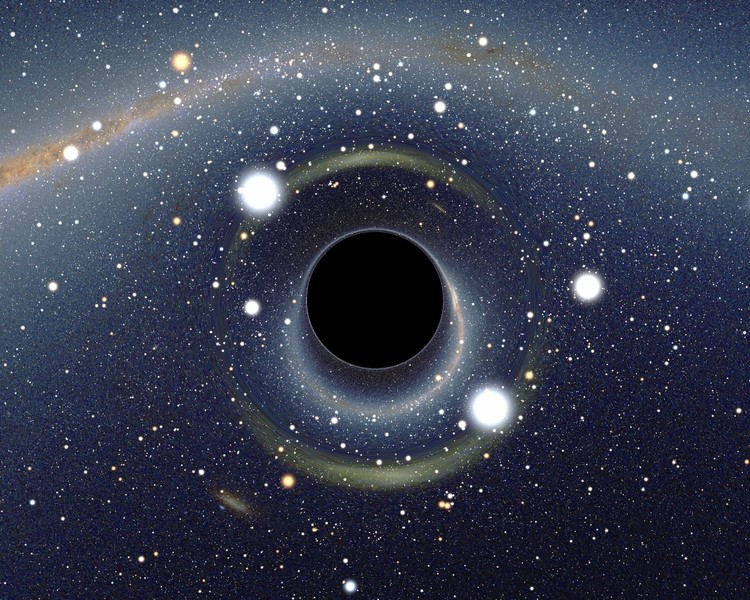

The tidal forces close to the event horizon are enough to spaghettify anything: that is, stretch it until it’s a string of atoms. If you venture too close and cross the so-called event horizon, you’ll never escape.įor small black holes, you’d never survive such a close approach anyway.

Beyond the event horizonīlack holes are bizarre objects that get their name from the fact that nothing can escape their gravity, not even light.

Hintz and his colleagues published a paper describing these unusual black holes last month in the journal Physical Review Letters. “This … conclusion corresponds to a severe failure of determinism in general relativity that cannot be taken lightly in view of the importance in modern cosmology” of accelerating expansion, said his colleagues at the University of Lisbon in Portugal, Vitor Cardoso, João Costa and Kyriakos Destounis, and at Utrecht University, Aron Jansen.Īs quoted by Physics World, Gary Horowitz of UC Santa Barbara, who was not involved in the research, said that the study provides “the best evidence I know for a violation of strong cosmic censorship in a theory of gravity and electromagnetism.” “This is a question one can really only study mathematically, but it has physical, almost philosophical implications, which makes it very cool.” But from that point of view, this makes Einstein’s equations mathematically more interesting,” he said. “No physicist is going to travel into a black hole and measure it. But the finding does not mean that Einstein’s equations of general relativity, which so far perfectly describe the evolution of the cosmos, are wrong, said Hintz, a Clay Research Fellow. What life would be like in a space where the future was unpredictable is unclear.

That is, given the past and present, the physical laws of the universe do not allow more than one possible future.īut, says UC Berkeley postdoctoral fellow Peter Hintz, mathematical calculations show that for some specific types of black holes in a universe like ours, which is expanding at an accelerating rate, it is possible to survive the passage from a deterministic world into a non-deterministic black hole. This principle, first proposed 40 years ago by physicist Roger Penrose, keeps sacrosanct an idea – determinism – key to any physical theory. That is, something catastrophic – typically a horrible death – would prevent observers from actually entering a region of spacetime where their future was not uniquely determined. Such claims have been made in the past, and physicists have invoked “strong cosmic censorship” to explain it away. Animation by Andrew Hamilton, based on supercomputer simulation by John Hawley. However, a UC Berkeley mathematician argues that you could, in fact, survive passage through this horizon. A reasonably realistic simulation of falling into a black hole shows how space and time are distorted, and how light is blue shifted as you approach the inner or Cauchy horizon, where most physicists think you would be annihilated.


 0 kommentar(er)
0 kommentar(er)
